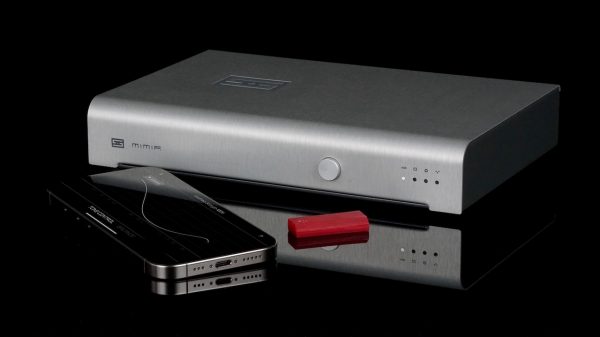Before the advent of roadside services such as Triple A, many automobile drivers carried tool kits in their trunks so that in case they broke down, they could repair the problem and continue driving. This is still true in countries where roadside service is not available–nothing like being in the Sonora Desert in Mexico, for example, with no cell phone service and certainly no tow truck to come to your rescue even if there were.
Such kits include important items such as a set of wrenches, a ratchet set, pliers, wire cutters and more–in short, everything a driver might need to get a car back on the road and moving.
A computer system also has vital tools that are required to keep it up and running as well as protect its data.
Anti-virus: Hackers are seemingly working night and day to invent viruses and other executables to steal data or to simply bring computers down. An anti-virus and anti-malware solution kept up-to-date and regularly used to scan systems is a very important tool. Much of the time system-compromising attacks can be fended off before they occur.
Backup solution: This is the most basic protection for computer data in case of a system failure of any kind. Data is saved onto media separate from production systems so it can be retrieved if and when production systems go down, or data is lost for any reason.
Defrag: To maintain performance, system reliability and hard drive life, defragmentation is mandatory. The best of these is Diskeeper with InvisiTasking–once installed, it defrags invisibly, in the background, utilizing only otherwise-idle system resources. There is never a negative performance hit from defrag, and maximum performance and reliability are sustained from there on out. No scheduling or further attention is required.
Real-time data recovery: This is a new category that fills in the gap in data protection in-between backups. A common source of data loss is files accidentally deleted by users. In today’s corporate environments, most data is saved to remote servers–from where it cannot be retrieved through the Windows Recovery Bin. Such files can be retrieved from backup (a time-consuming process) if they were created prior to the last backup–but even so, there is usually work that needs to be done to bring such files back up to date. The bottom line is lost time, production and money. A unique software solution called Undelete makes it possible to retrieve accidentally-deleted files in seconds, no matter to where they were saved.
Just as drivers with the right tools can stay on the road, you can keep your systems reliably up and running with this basic set of system solutions.























